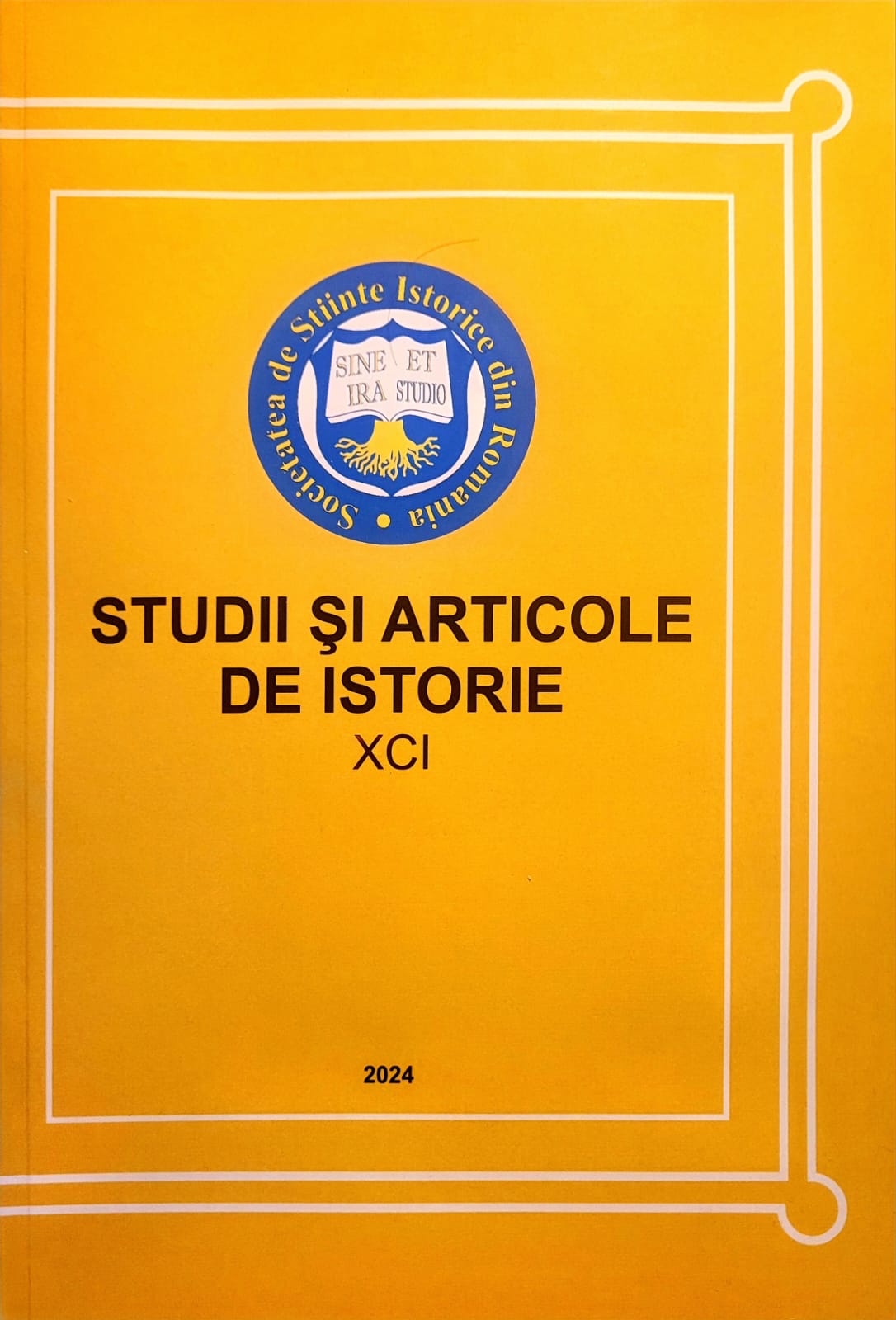„Moşia părintească după care mă numesc cu sclitada Păian”: un exemplu de autoidentificare în justiţie (1776-1783)
”The paternal estate after which I am called Păian”: an example of self-identification in justice (1776-1783)
Author(s): Andreea-Roxana IancuSubject(s): History, Local History / Microhistory, Social history, 18th Century
Published by: Societatea de Ştiinţe Istorice din România
Keywords: social history; 18th Century Oltenia; boyard identity; family nameestate; resistance in justice;
Summary/Abstract: In the strategies of building a socially recognized identity, the sclitada estate, which holds the central role in preserving, affirming and transmitting the name through a family heritage, has been not enough investigated. Starting from the documents identified and copied from the Iablaniţa estate Register (47) which describes the file of process claiming the right of protimisis for the redemption of an estate, Paia, we tried to investigate this subject. It is a case study, built on the basis of this 18th Century file, mostly composed of judicial documents and correspondence whose main recipient is the clucer Iordache Păianu, administrator (ispravnic) of Gorj county. The documents describe the patrimonial strategy of a young local boyar, a strategy focused on a campaign to recover primarily the inherited estates and on the mobilization of financial resources in a career as an official member of the administration, in relations with the central power, in asserting and recognizing one's own position at the local level. For a history of the Wallachian aristocratic family in 18th Century, his insistence on the recovery of the parental home estate, the one that gave the family name, was a last redeeming stage in a biographical path that had first included leaving the country, then a return, a recovery in parallel with a gradual construction of a prestigious identity among the social category to which he belonged. By winning in court the right to redeem his sclitada estate and land patrimony in general, Iordache reaffirms his identity as a nobleman (boyard), his membership of the local nobility that defined its power mainly through the control of the land. At the same time, the completion of an important cursus honorum, armaş, clucer, serdar, the holding of important positions such as the administrator of Romanaţi and Gorj, which he discharged honourably, according to the testimonies of the time, allow us to see how his administrative route serves to complete a biography carefully configured in which the Oltenian boyar knows how to build his relations at the local or central level, either with the local boyars or with the great boyars from the Princes’ court.
Journal: Studii şi articole de istorie
- Issue Year: 2024
- Issue No: 91
- Page Range: 63-83
- Page Count: 21
- Language: Romanian

